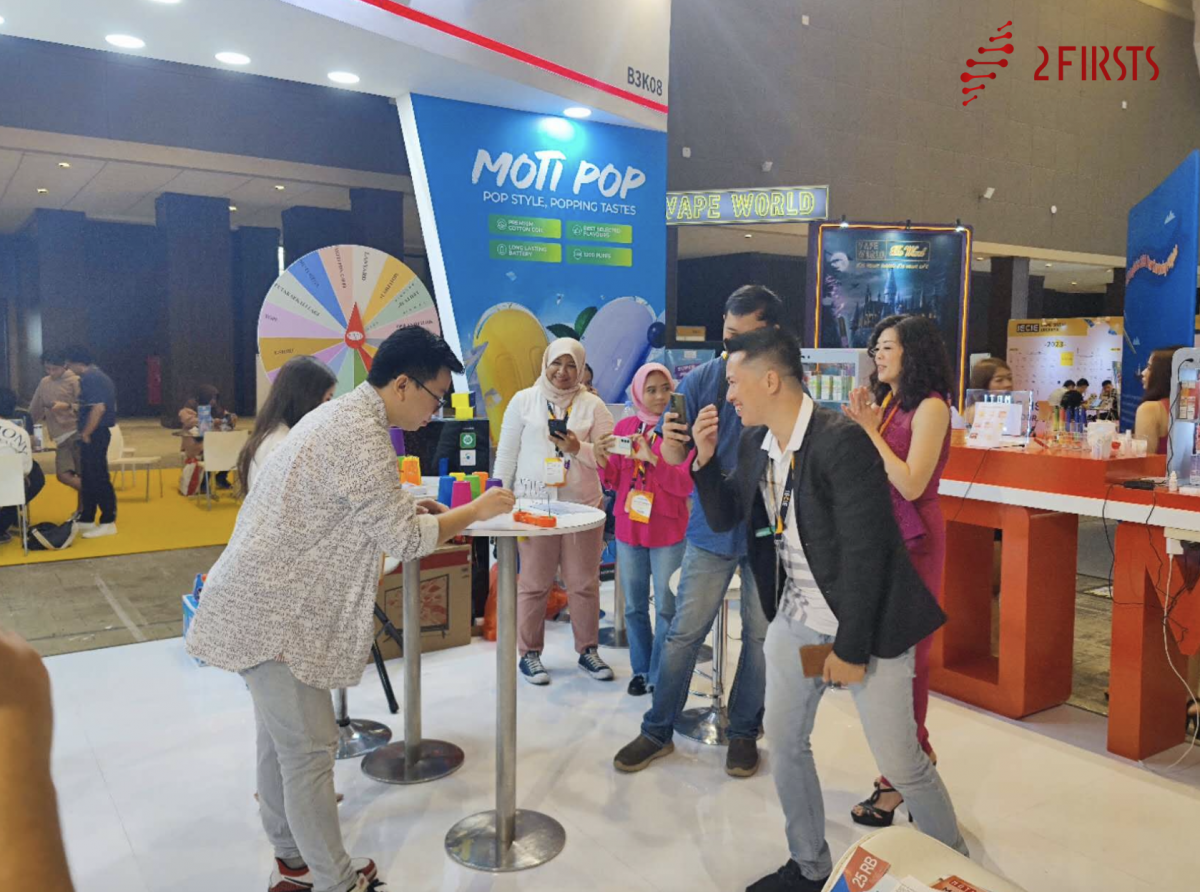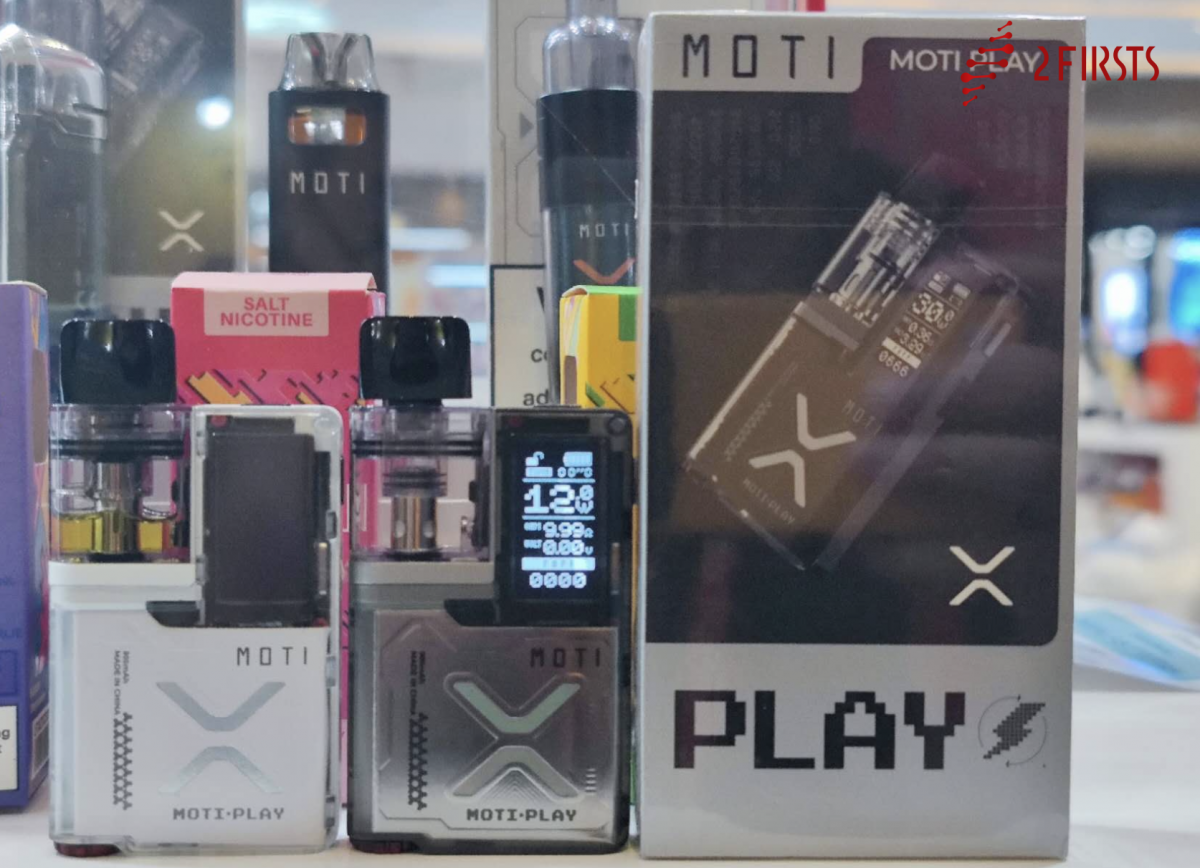From August 3 to 5, IEICE e-Cigarette Exhibition was held in Jakarta, Indonesia. As the official cooperation media of this IECIE, the two supreme in-depth scene, focusing on key exhibitors for in-depth interviews, and timely report the first-hand market information obtained at the exhibition.
On the first day of the exhibition, Two supremacists conducted an interview with Zeng Huabin, Deputy General manager of MOTI Division (China and Southeast Asia Region).
Zeng Huabin said that in the Indonesian market, the mainstream products are not disposable e-cigarettes, which are popular in the world, but open e-cigarettes. Open devices and vapes account for 60-70% of this market. In this market situation, Zeng Huabin explained that disposable electronic cigarettes have a higher tax rate and are limited by the capacity of cigarette oil, resulting in relatively high prices, so local consumers are more inclined to choose affordable open electronic cigarettes. In addition, Indonesia’s local smoke oil manufacturers occupy a stronger position, forming a relatively strict local protection policy, which leads to greater difficulty in development.
“There is only one place in Indonesia that is an exception.” Zeng Huabin mentioned that disposable electronic cigarettes are selling well in Bali, a famous tourist resort in Indonesia, which benefits from the large number of tourists in Bali and their strong consumption power, and they are more inclined to buy disposable electronic cigarette products. In the rest of Indonesia, open e-cigarettes are still a mainstream product. However, Bali is still relatively small for most companies.

In the Indonesian market, Zeng Huabin introduced open brands with MOTI, mainly some brands with a long history, such as VAPORESSO, VOOPOO, LOST VAPE, UWEL and so on. MOTI promotes both open and disposable products in this market. At present, the most popular product is MOTI·PLAY, a new concept open product launched in March this year, which has gained a certain market share in the channel. In contrast, monthly sales of disposable products have also increased by more than 20%, but the growth rate is not as rapid as open products.
In addition, he mentioned that in Indonesia, where such open products account for a relatively high market, the applicability of the commonly used brand store model in China is still to be discussed. Because the consumption level of local consumers in Indonesia is not high, and this model is difficult to educate consumers.
When talking about the regulatory characteristics of the Indonesian market, Zeng Huabin said that it may be due to the long history of compliance in Indonesia, so the enforcement of customs and other regulatory authorities is very strict. In this market, tax labeling is a more effective way of supervision, which can effectively prevent tax evasion.
Finally, when discussing the Indonesian gray Pass market, Zeng Huabin said that e-cigarette products that can be seen in retail stores are usually “white pass” products, because retail stores are not willing to bear the risk of breaking the law for brands. While “gray pass” products exist, they generally appear in places that are not easy to investigate.










